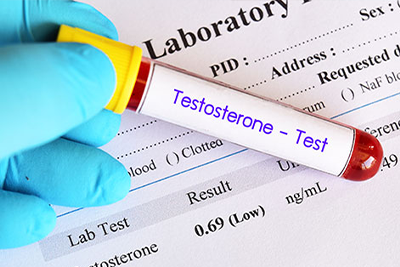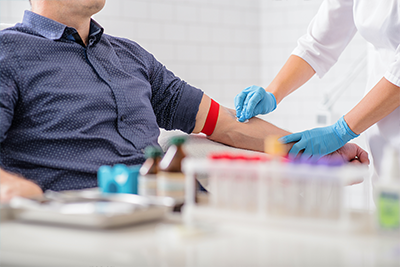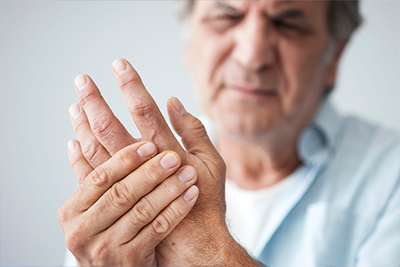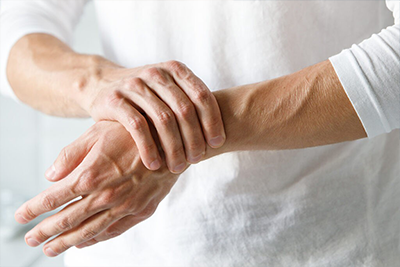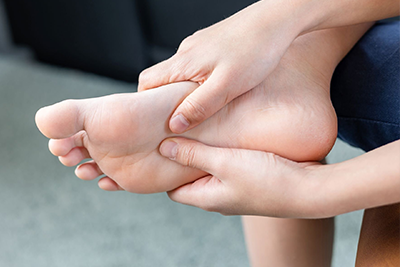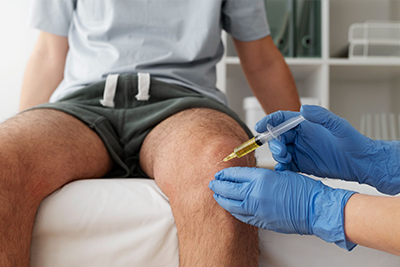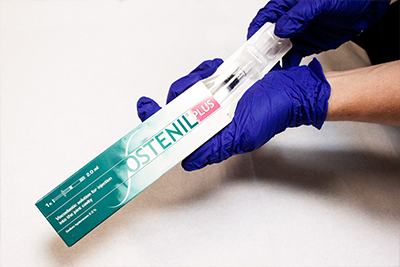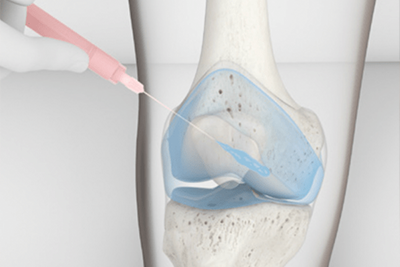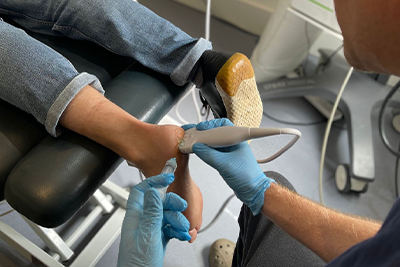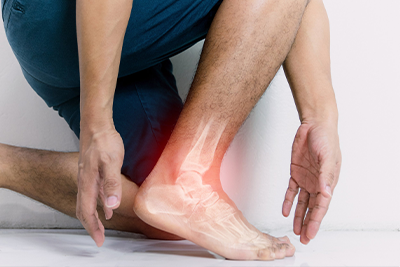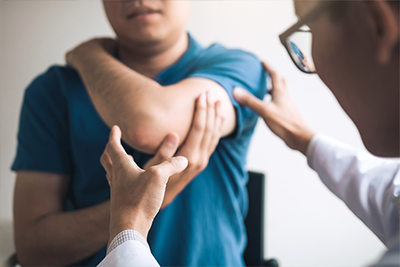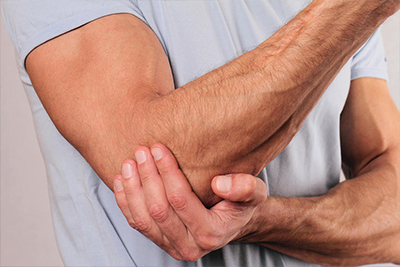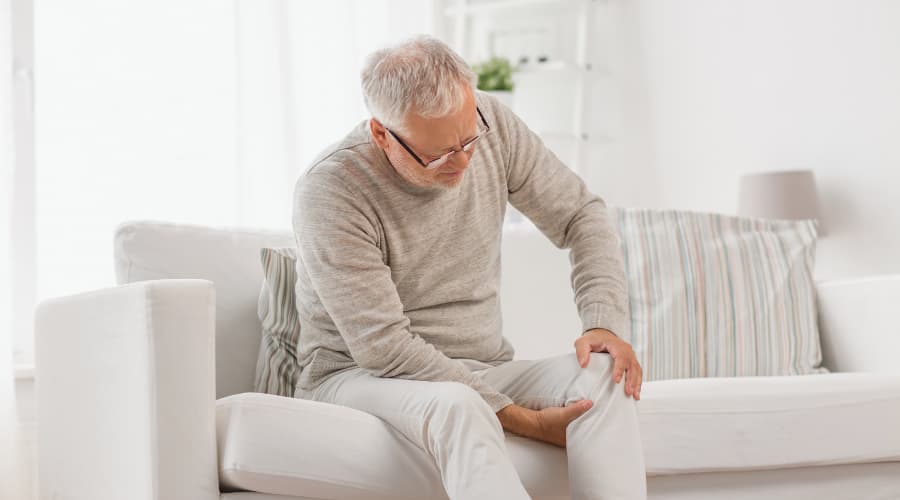At our chiropractic and osteopathy clinic in Tunbridge Wells, we offer a variety of different services to help you maintain joint and spinal health. One of the newer approaches to treating tissue injuries is shockwave therapy.
It has proved successful in helping many of our patients recover from injuries and, despite the name, is painless and non-invasive.
Here we take a closer look at shockwave therapy and the types of injuries it can be used for in our Tunbridge Wells clinic. If you’d like to find out more, make an appointment today by calling 01892 543029.
What is Shockwave Therapy?
Shockwave therapy has actually been around for a few decades – the first use was for a gallbladder stone treatment back in 1985. It uses sound waves to encourage a pro-inflammatory response in soft tissue like muscle.
Many of the people who come to our clinic have soft tissue injuries. What shockwave therapy does is help increase blood flow in the area that has been injured, encouraging faster healing and a boost to metabolism. Soundwaves can also be used to breakdown tissue and reverse problems such as calcification (where calcium compounds cause the hardening of tissues).
The Benefits of Shockwave Therapy
There are a number of benefits in using shockwave therapy. The first is that it stimulates the body’s natural healing processes. At our shockwave clinic, our patients often experience an immediate relief from pain and there are few side effects compared to other treatments.
- Shockwave therapy requires no anaesthesia and is non-invasive.
- There’s no medication involved and an individual treatment takes just 30 minutes.
- Over a period of weeks, you should hopefully see clinical improvement in your condition if shockwave therapy is deemed appropriate for your injury.
There are a number of specific, common conditions where we incorporate shockwave therapy for patients. It’s often used for those who have tried previous therapies and seen little or no improvement in their condition.
What Types of Injury Can Shockwave Therapy Help
Shockwave therapy can be used for a variety of different musculoskeletal problems. Any treatment begins with a full assessment of your condition and what treatment you have already tried and an decision whether shockwave therapy is appropriate.
1. Calcific Tendonitis
This affects areas like the shoulders where calcium deposits build up on tendons, especially those connected to the rotator cuff muscles. It’s a condition that builds up over time. The deposits can be up to 2 cm in size and cause irritation and pain and means you can’t get the full range of movement in the shoulder area.
The symptoms of calcific tendonitis are pain in the shoulder which can be worse during the night when you’re trying to sleep. There’s generally reduced movement and the shoulder area may feel weaker. In some people, the tendonitis resolves after a few weeks with rest but for others, it persists and needs to be treated.
Shockwave therapy has been shown to reduce pain and improve movement in patients diagnosed with calcific tendonitis. One study published in the BMJ demonstrated partial and full absorption of calcium deposits in a significant number of patients compared to a control group.
2. Achilles Tendinopathy
The Achilles tendon connects the calf muscles to the bone of the heel. Damage to this area is often seen in people who run a lot and strain can cause much discomfort. The traditional ways of treating this kind of problem is through gentle manipulation, rest and the use of orthotics.
Symptoms include pain around the Achilles tendon. The pain often starts at the beginning of an activity such as running but gradually eases. That pain and stiffness can quickly return, however, once you wake up in the morning.
Research has shown that shockwave therapy can be a helpful treatment for Achilles tendinopathy when other approaches such as rest and physiotherapy have failed, though more study needs to be done in this area. Shockwave therapy helps stimulate blood flow and the production of new collagen fibres that can repair the damaged tendon.
3. Plantar Fasciitis
Plantar Fasciitis is a fairly common issue and is the fibrous band of tissue at the bottom of the heel. Regular damage to this area can build up making it painful to walk. It affects people who spend a lot of time on their feet and can be made worse if you wear the wrong shoes. If you are overweight, it can also put more stress on the heel.
If conservative treatment such as rest doesn’t work in solving your plantar fasciitis problem, shockwave therapy may well be an option. Research in this area has shown that many people experience an improvement in pain over a number of treatments.
In the vast majority of cases, conservative treatments are successful but if these fail to reduce your pain then opting for shockwave therapy may be helpful.
4. Tennis Elbow
Tennis elbow is fairly common and you don’t have to play the game to get it. The condition usually affects people after the age of 40 and is caused by repetitive movement in the dominant arm. Its symptoms include a slowly increasing pain in the area around the elbow which gets gradually worse so that it is painful, for example, opening a jar or even shaking hands with someone.
While there are a range of different conservative options for treating tennis elbow, NICE have said that shockwave therapy can be used for treating the condition if these fail.
5. Golfer’s Elbow
Finally, at our Tunbridge Wells chiropractic clinic, we see a number of cases of golfer’s elbow. It’s an injury that is caused by overuse and affects the tendons on the wrist flexor muscles. Symptoms include pain on the inside of the elbow which gets worse over time and can lead to a weak grip and stiff elbow.
Shockwave treatment is a non-invasive and effective treatment for many musculoskeletal problems and has been used in our Tunbridge Wells clinic with good results. If you have an existing issue and would like to find out more, book an appointment today.
Related Articles
- Shockwave Therapy FAQs
- Shockwave Therapy – Radial and Focus
- Treatment of Plantar Fasciitis using Shockwave Therapy
- A Little Something about Skeletal Muscles
- Does Shockwave Therapy Really Work for Calcific Tendonitis?


